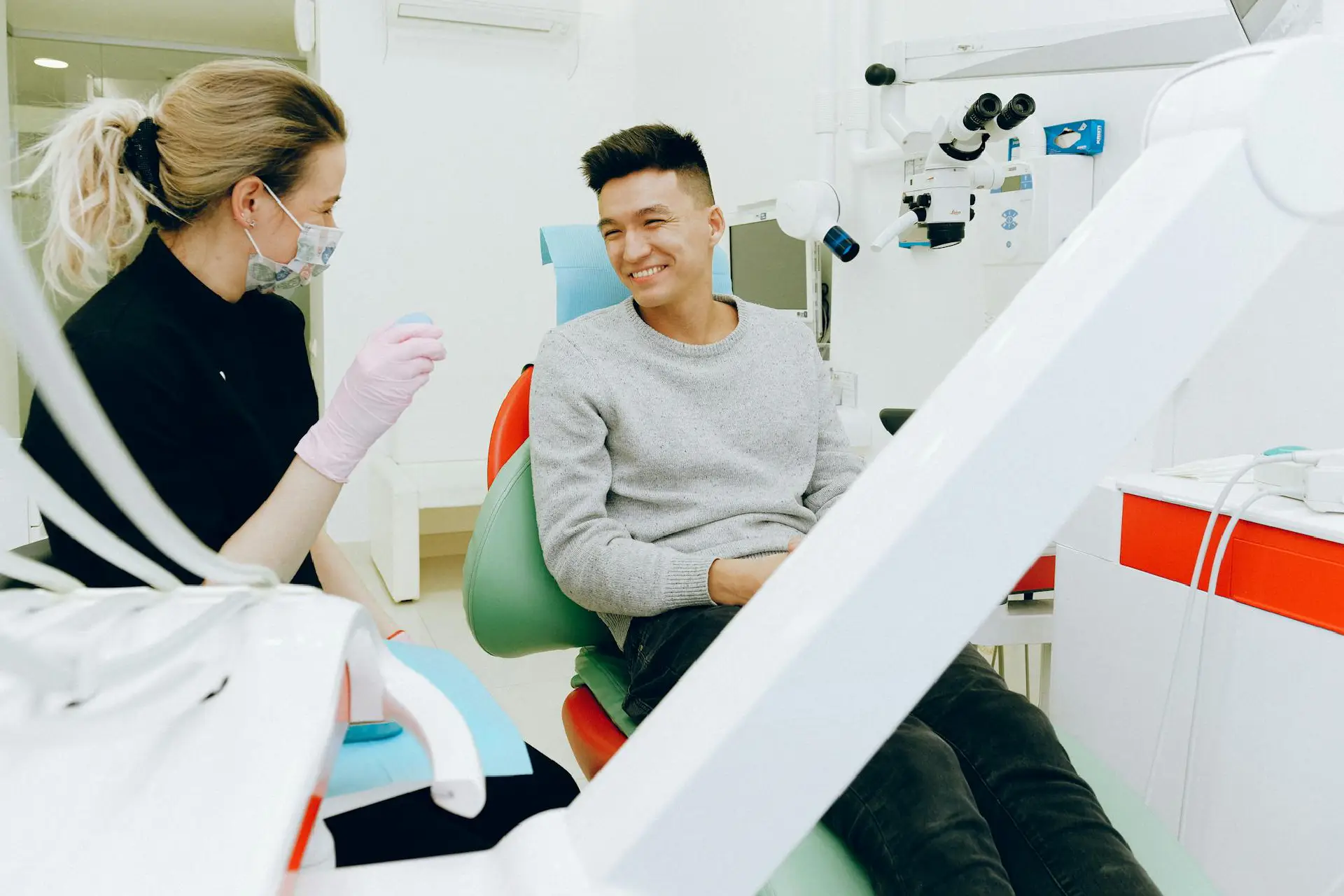25 October 2023

The private health care sector is currently in a four-year £10 billion deal with the NHS to assist in clearing out the backlog in treatment and diagnostics that have resulted after the COVID-19 pandemic. Competition amongst private healthcare companies however still remains fierce and research conducted in the healthcare market has a large role to play in this.
Market research permits companies to gain valuable insights about patient preferences, experiences and behaviours. This in turn leads to better outcomes, improving patient satisfaction and ultimately increasing revenue and reputability for the company at hand. The research also continually allows private health companies to anticipate, geographically locate, and even shape the types and level of services required in the future.
What exactly is market healthcare research?
Paid for marketing research in the healthcare industry uses every available tool for analysis and can be qualitative or quantitative – though for healthcare the latter is of greater use. It is researched via surveys, questionnaires, polls. observational studies, focus groups and interviews. Today, data from healthcare technologies and wearables is also available. It is undeniably the quality of research, the types and volume of questions, and the larger patient pool, that makes companies that specialise in healthcare market research a valuable resource.
Market research in healthcare also makes use of epidemiology and secondary sources and can include industry reports, academic studies and government statistics. Epidemiology is a branch of medicine that concerns the incidence, prevalence, and distribution of conditions and is data-driven to enable companies to see the size of their market region by region. By focusing on health trends, practices can now clearly identify market gaps, opportunities and penetration rates. Additionally extrapolation techniques will enable them to see what the future holds and how the company has the power to influence it.
● Which products are the healthcare professionals preferred choice?
● Where are your sales already coming from?
● Where are the areas for improvement?
All these questions and more are addressed. Additionally, trends in sales can be capitalised upon and segmented by patient age, location, income and spending habits.
Research also permits the literal visualisation of how private healthcare companies are perceived by customers with regards to qualities such as price, level of service, convenience and effectiveness – which has proven time and time again to be of vital importance.
Competition in Healthcare
One of the best reasons for using companies that research the healthcare market is investigating your competitors’ strengths and weaknesses. You can learn about their strategies, capabilities and performance, further helping you to identify potential gaps and opportunities for your practice to fill. This is because in quarterly or annual releases, healthcare providers reveal their financial statements by region as well as brand and service type. Using these resources is invaluable for determining how you differentiate yourself in the sector, alongside managing your practices’ own future marketing tactics and budget.
The effect of this on the UK’s private healthcare sector has been extraordinary and has driven prices down, improved level of service, drawn more workers to the private sector and attracted more and more people to either paying for procedures or purchasing private healthcare insurance. Additionally, the UK now currently sports over 90 different private healthcare providers such as HCA, Circle, Ramsay, Bupa, Spire and Nuffield Health all of which conduct marketing research in healthcare and whose prices and policies have been shaped by this.
The UK’s Private Health Sector Today
The UK’s private healthcare industry is currently booming as record numbers of people are paying for operations and procedures spending anywhere from £3,000 to have a cataract removed or £15,000 for a hip replacement.
Market research in private healthcare has shown that across the UK in 2022, 272,000 people used their own money to cover the cost of an operation or diagnostic procedure at a private hospital – an astonishing increase from the 199,000 who did in 2019 before the Covid pandemic began.
Further investigation found that the three most common procedures conducted were cataract surgery (76,000), chemotherapy (66,000) and an upper gastrointestinal diagnostic test (38,000) – such analyses provide the first stepping stones to assessing markets and engaging in competitive tactics to be the company to get their share, and hopefully biggest, piece of the pie.
Related Articles

Beauty Reimagined: Leveraging Market Research for Success in the Cosmetic Surgery Industry

Case Study: Data-Driven Location Selection for a New Luxury Assisted Living Development

From Expectations to Satisfaction: The Key Factors That Drive Customer Loyalty in the Healthcare Sector
To Speak to an Expert About Our Services
